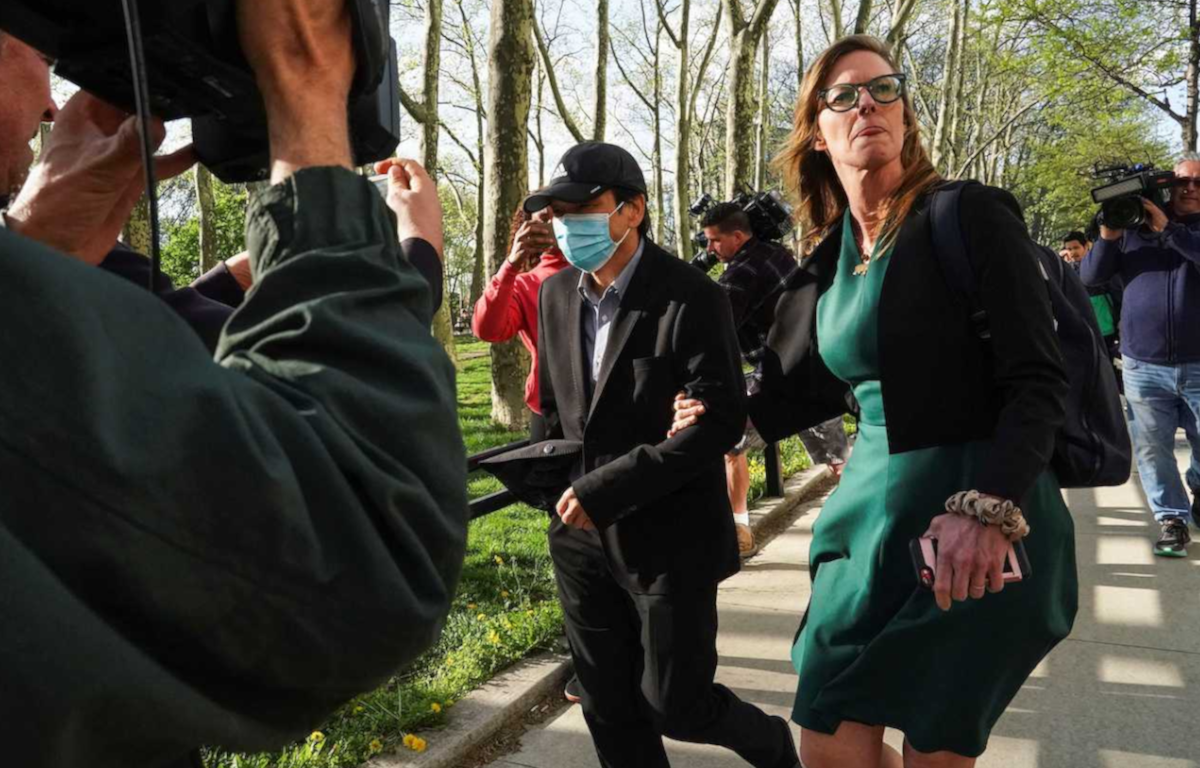
In a bold move highlighting concerns over foreign influence and propaganda, Senator Marco Rubio has called on US media outlets to sever ties with the Chinese Communist Party (CCP) propaganda outlet, China Daily. This call comes amid growing scrutiny of China’s information dissemination tactics and efforts to shape global narratives.
Senator Rubio’s stance underscores the broader debate surrounding media integrity, journalistic ethics, and the implications of partnerships with state-controlled media entities. His call to action raises critical questions about the responsibilities of media organizations and the potential impact of foreign propaganda on public perception and discourse.
China Daily, an English-language newspaper owned by the Chinese government, has faced criticism for its role in promoting CCP narratives and agendas internationally. Critics argue that media outlets collaborating with China Daily risk being used as conduits for propaganda, potentially compromising journalistic independence and credibility.
Senator Rubio’s call to US media outlets to cut ties with China Daily is part of a broader effort to address concerns about foreign influence, disinformation campaigns, and the erosion of democratic values. It reflects a growing awareness of the challenges posed by state-controlled media entities and the need for transparency and accountability in media partnerships.
The debate sparked by Senator Rubio’s statement extends beyond the specific issue of China Daily. It delves into fundamental questions about media integrity, editorial independence, and the responsibilities of journalists and news organizations in an era marked by global information flows and geopolitical tensions.
Journalistic ethics dictate that media outlets should prioritize accuracy, impartiality, and transparency in their reporting. Collaborating with state-controlled media entities, especially those known for propaganda efforts, raises concerns about the potential for biased coverage and the dissemination of misleading information.
The impact of media partnerships with propaganda outlets like China Daily extends beyond newsroom practices. It has implications for public perception, shaping narratives, and influencing public discourse on critical issues such as international relations, human rights, and geopolitical conflicts.
By calling for the termination of ties with China Daily, Senator Rubio seeks to safeguard the integrity of US media and uphold democratic principles of free speech and independent journalism. This stance aligns with broader efforts to counter disinformation, combat foreign interference, and promote media literacy among the public.
Media organizations play a crucial role in fostering informed public debate and holding power to account. Upholding journalistic standards and avoiding partnerships that compromise editorial independence are essential for maintaining public trust and credibility.
Senator Rubio’s call serves as a reminder of the challenges posed by foreign propaganda and the importance of vigilance in safeguarding media integrity. It prompts reflection on the ethical considerations and responsibilities inherent in media partnerships, particularly those involving state-controlled entities with vested political interests.
As the debate on media integrity and foreign influence continues, Senator Rubio’s call to action ignites discussions on the broader implications of media partnerships with propaganda outlets. It underscores the need for media organizations to navigate complex ethical landscapes, uphold journalistic principles, and prioritize public interest in an increasingly interconnected world.










Share this: